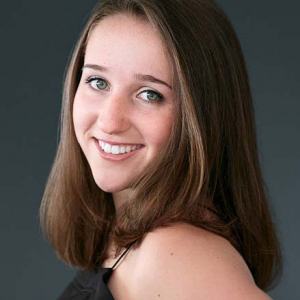Emily Caplan
Writing 101: Monuments and Memory
Instructor: Andrew Tharler
Forgetting How to Forget: The Valley of the Fallen
Biography
During my sophomore year of high school, we learned about 20th century European radicalism as a part of our history curriculum. Everything about the leadership of Mussolini, Hitler, and Stalin piqued my interest; how could one human treat another with such disdain for their humanity? And how disconnected from reality does one have to be to assume such power over others? To me, the monstrous regimes of the 20th century highlighted – to an extreme, of course – an ever present divide within society: those with power, and those without it. Following this realization, I have since started to see its manifestations everywhere.
Professor Tharler’s Writing 101: Monuments and Memory was no exception. In the beginning weeks of the class, we discussed methods of analyzing statues – how to describe them, what to notice, and how to expand these observations into hypotheses of their meaning. One thing in particular stood out to me in this process: we remember what those in power want us to remember. As I developed this point of view throughout the class, it was only natural for me to research Francisco Franco for our final project, a tyrant and dictator in 20th century Spain.
Connecting what Professor Tharler taught us in Monuments and Memory with my preconceived interest in political radicalism, I broadened my understanding of the true role monuments play in collective memory, and the consequences of power falling into the wrong hands. Further, the project made me wonder about smaller scale power structures in my own life at Duke, and what physical “monuments” enforce them. I never anticipated a class about ancient statues would have such relevance in my life and such lasting effects on my worldview.
I would like to thank Professor Tharler for allowing each of us to find our own interests within the framework of his class, and for fostering our curiosity and desire to pursue those interests. I would also like to thank the Deliberations board and Dr. Sheryl Welte Emch for helping me articulate my ideas during the editing process. Last, I would like to thank my 10th grade history teacher Scott Cotton for forcing me to think outside the box.
